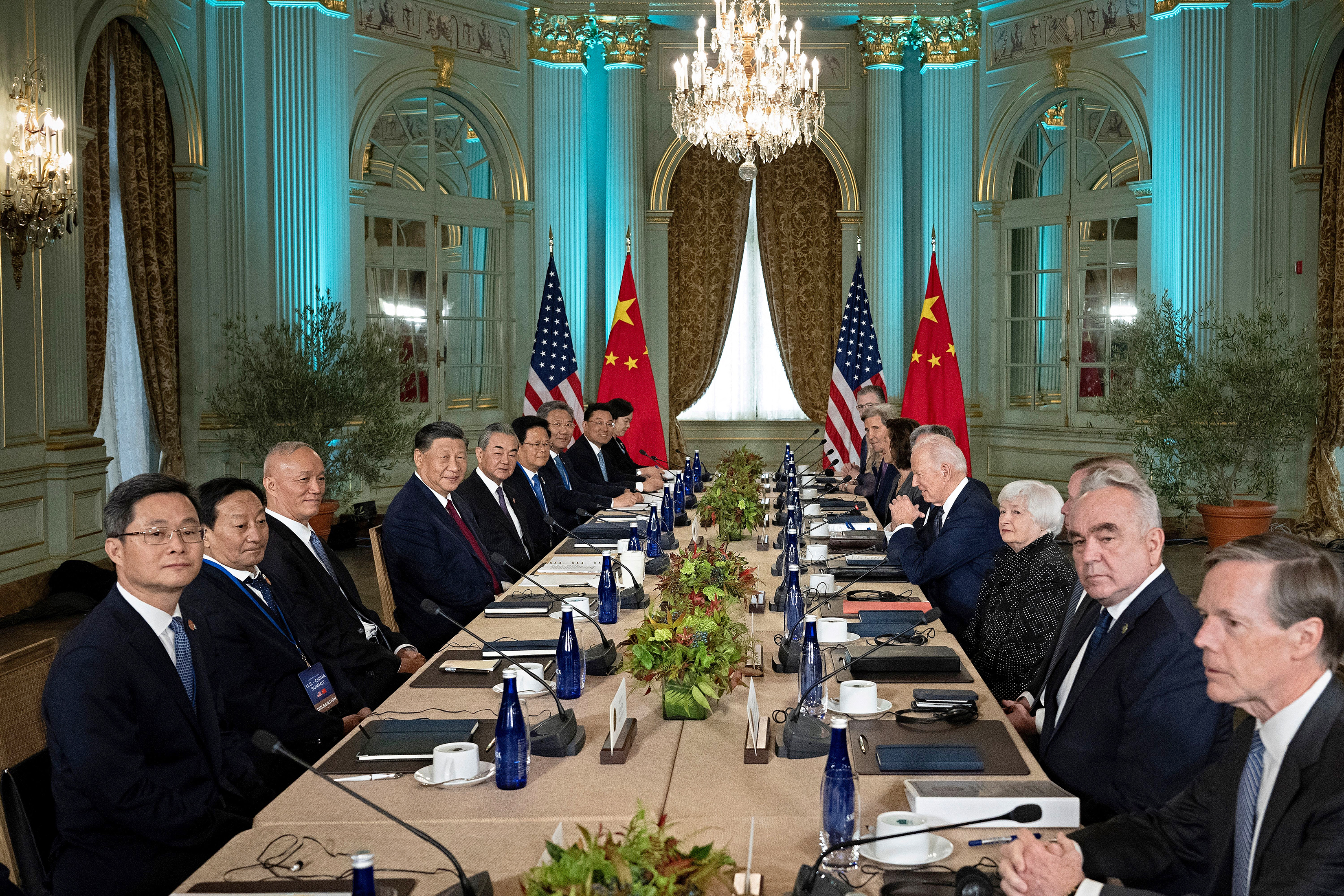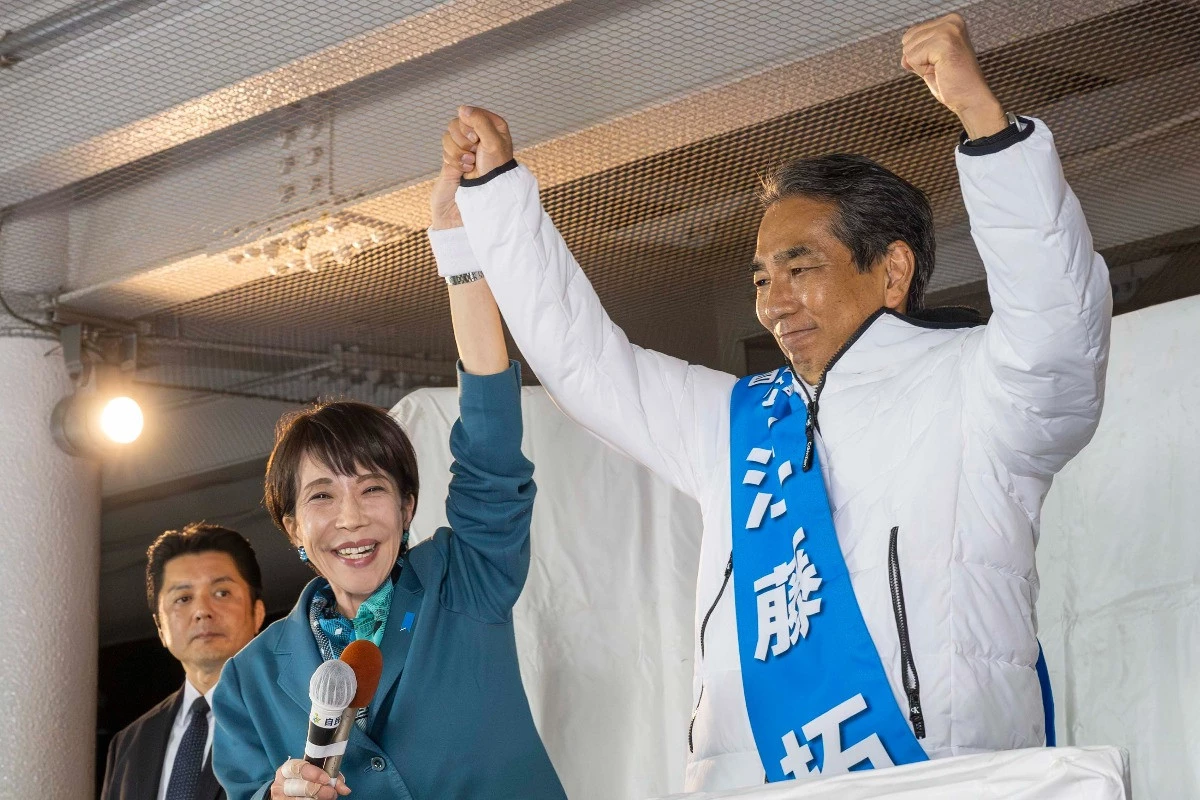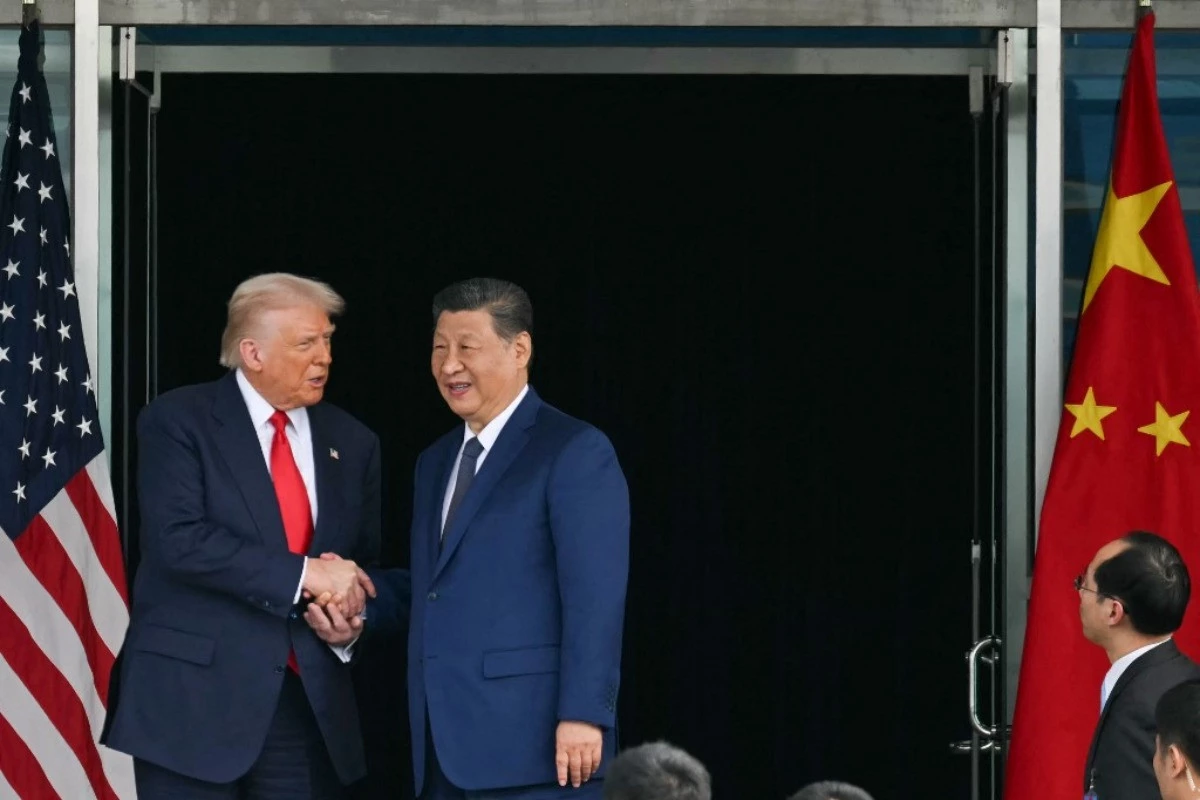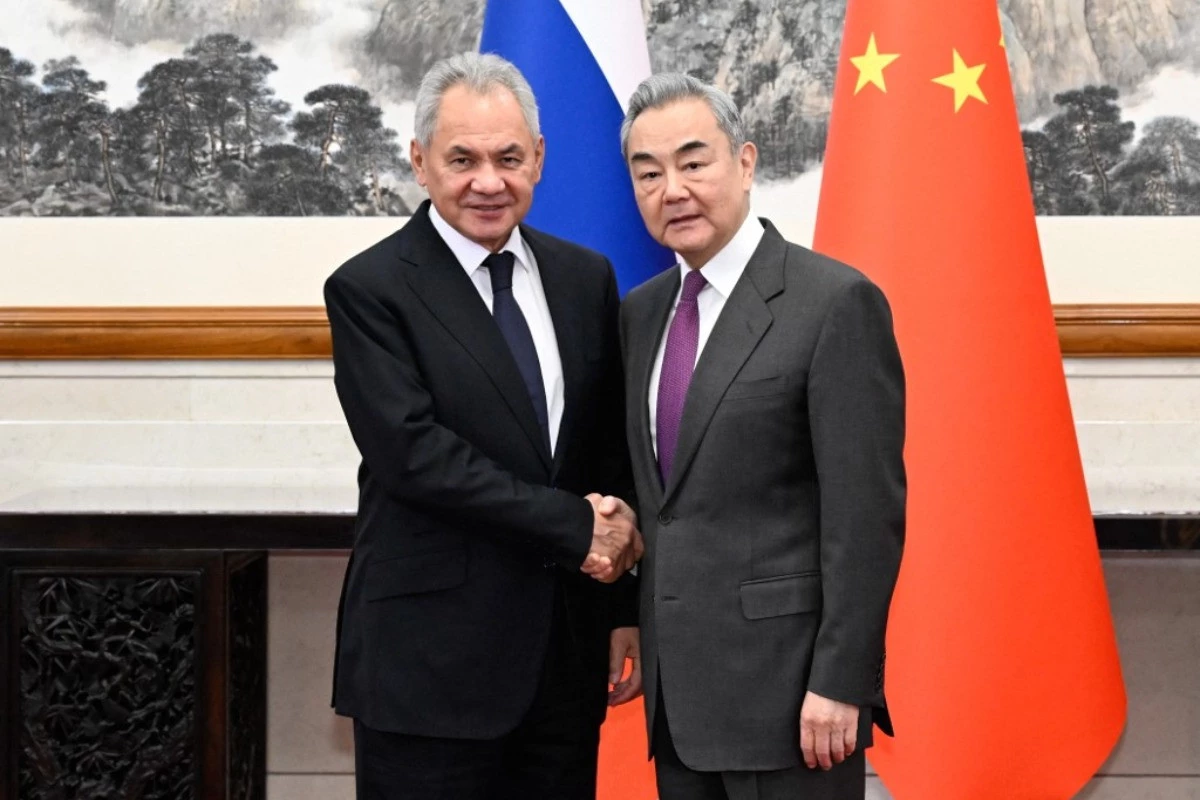
China is consistently committed to having a stable, healthy and sustainable relationship with the United States, and China has interests that must be safeguarded, principles that must be upheld, and red lines that must not be crossed, Xi said, expressing hope that the two countries could be partners that respect each other and coexist in peace.
China and the United States should manage disagreements effectively, Xi said. Disagreements should not be a chasm that keeps the two countries apart, he stressed, adding that instead, the two sides should look for ways to build bridges to help them walk toward each other.
It is important that they appreciate each other's principles and red lines, and refrain from flip-flopping, being provocative, and crossing the lines, said the Chinese president.
They should have more communication, more dialogues and more consultations, and calmly handle their differences as well as accidents, Xi added.

China and the United States should jointly advance mutually beneficial cooperation, Xi said. The two countries have broad common interests in a wide range of areas, including traditional areas such as the economy, trade and agriculture, as well as emerging areas such as climate change and artificial intelligence (AI), he said.
Under the current circumstances, the common interests of the two countries have not decreased, but increased, Xi said.
It is important to fully utilize the restored and new mechanisms in foreign policy, economy, finance, commerce, agriculture and other fields, and carry out cooperation in such areas as counternarcotics, judicial and law enforcement affairs, AI, and science and technology, he added.
Xi also called on China and the United States to jointly shoulder responsibilities as major countries. The problems facing human society cannot be solved without cooperation between major countries, Xi said.
China and the United States should lead by example, step up coordination and cooperation on international and regional issues, and provide more public goods for the world, he said.
The two sides should keep their initiatives open to each other, or coordinate and connect them for synergy, to benefit the world, Xi added.
Meanwhile, the Chinese president urged China and the United States to jointly promote people-to-people exchanges. The two sides should increase flights, advance tourism cooperation, expand subnational exchanges, strengthen educational cooperation and cooperation on affairs related to the disabled, reduce negative factors that hinder people-to-people exchanges, and encourage and support greater interactions and communication between their people, so as to consolidate the foundation for the healthy development of China-U.S. relations, Xi said.

Japan’s Liberal Democratic Party (LDP) won a historic victory in the snap lower house election held on 8 February, securing more than a two-thirds majority of seats on its own.

Chinese President Xi Jinping said on Wednesday that he hopes to work with U.S. President Donald Trump in the new year to steer the giant ship of China-U.S. relations steadily forward through wind and storms, and accomplish more big things and good things.

China's top diplomat Wang Yi met with Sergei Shoigu, secretary of the Russian Federation Security Council, in Beijing on Sunday.